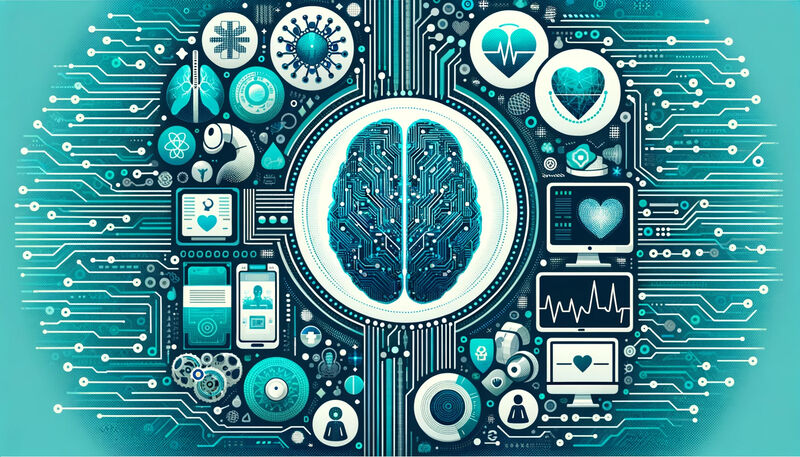Cybersecurity in the Age of AI: Enhancing Defense Mechanisms Against Sophisticated Threats

In an era where digital transformation is pervasive, cybersecurity has become a critical concern for individuals, businesses, and governments alike. The sophistication of cyber threats has evolved at an alarming rate, making traditional security measures insufficient to safeguard sensitive information and systems. However, as the complexity of cyber threats grows, so does the potential of Artificial Intelligence (AI) to revolutionize cybersecurity practices. This article explores how AI is shaping the future of cybersecurity, offering enhanced defenses against increasingly sophisticated cyber threats.
The Role of AI in Cybersecurity
AI's capability to analyze vast datasets quickly and accurately enables it to identify patterns and anomalies that may indicate a cybersecurity threat. By integrating AI into cybersecurity strategies, organizations can achieve a proactive rather than reactive approach to security, predicting and neutralizing threats before they can cause harm.
Threat Detection and Response: AI algorithms can sift through millions of events and identify potential threats in real-time, significantly reducing the time it takes to detect and respond to cyber incidents. Machine learning models learn from historical data, improving their accuracy and efficiency in detecting new and evolving threats.
Phishing Detection: AI systems are trained to recognize phishing attempts more effectively than traditional email filters, analyzing the content for malicious intent and warning users of potential risks.
Automated Security Protocols: AI can automate routine security tasks, such as patching vulnerabilities and updating defenses, ensuring that security systems are always up to date and reducing the workload on human security teams.
Behavioral Analytics: By monitoring user behavior, AI can detect anomalies that may indicate a security breach, such as unusual login times or locations, and take preemptive action to secure the account.
Enhancing Defense Mechanisms with AI
AI enhances cybersecurity defenses by bringing scalability, speed, and intelligence to the detection and mitigation of threats. However, the integration of AI into cybersecurity practices also requires a strategic approach to ensure its effectiveness:
- Continuous Learning: AI models must be continuously trained on the latest threat data to stay ahead of cybercriminals. This involves regular updates to the AI systems with information on new types of malware, ransomware, and other cyber threats.
- Human-AI Collaboration: While AI can significantly enhance cybersecurity efforts, human oversight remains crucial. Security professionals must oversee AI operations, interpreting AI findings and responding to complex threats that require human judgment.
- Ethical Considerations: The use of AI in cybersecurity raises ethical questions, particularly regarding privacy. Organizations must ensure that their use of AI respects user privacy and complies with data protection regulations.
Challenges and Future Directions
As AI becomes a cornerstone of cybersecurity strategies, it also becomes a target for cybercriminals. Adversarial AI involves crafting inputs designed to deceive AI systems, potentially undermining their effectiveness. Addressing these challenges requires the development of robust AI models resilient to manipulation and deception.
Looking forward, the integration of AI into cybersecurity is set to deepen, with emerging technologies like quantum computing poised to offer even more powerful tools for both security professionals and cybercriminals. The cybersecurity landscape is therefore likely to remain a dynamic and evolving battleground, with AI playing a central role in defining its future.
In conclusion, AI represents a powerful ally in the fight against cyber threats, offering innovative solutions to enhance defense mechanisms and protect against sophisticated attacks. As we navigate the complexities of the digital age, the strategic integration of AI into cybersecurity practices will be paramount in safeguarding our digital lives and assets.

